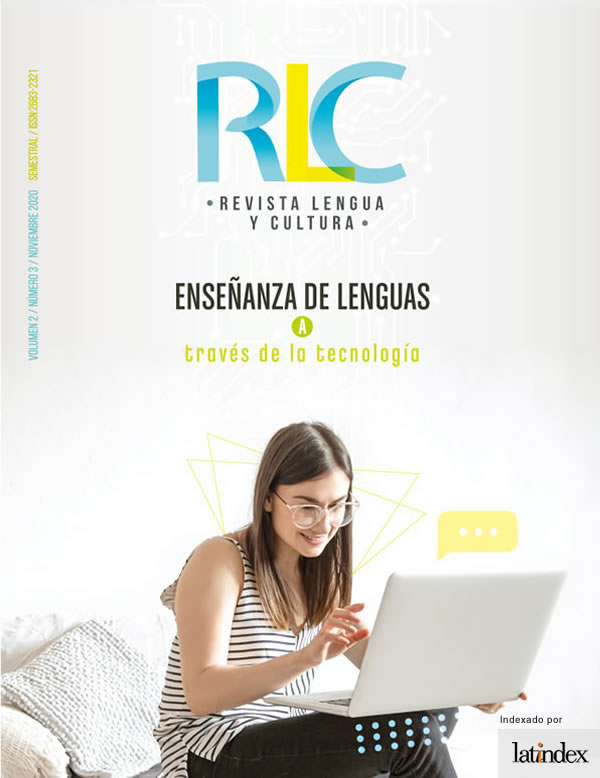English through the use of smartphone apps as motivation for students from the School of Tourism and Gastronomy
Résumé
With students spending up to 20% of their in-class time texting, emailing, and checking social media, it is no wonder the problem about smartphones in the classroom arises. This article presents results of a piece of research focused on the analysis and reflection of the smartphone applications used with higher education students in order to provide, as well as to improve, their results in departmental exams while they are studying English at a professional level.
The study took place over one semester of a curricular English course where smartphone applications were carefully selected and integrated into the current didactic units of the standardized institutional English program, with the purpose of finding, in the school of tourism and gastronomy, not only a solution, but a different approach to turning the problem into part of an updated methodology for the foreign language classroom.
The results of this research are expected to have a significant impact on the improvement of the methodology used by teachers at all the schools on our institutional English program with the effect that, once the teachers begin to implement the systematic use of smart phone applications in the delivery of their lessons, learners will hopefully perceive the English course as more relevant and meaningful and be motivated to achieve the expected results.
##plugins.generic.usageStats.downloads##
Références
Álvarez-Gayou Jurgerson, J. L. (2009). Cómo hacer investigación cualitativa: Fundamentos y metodología. Barcelona, España: Paidós Educador.
Benalcázar, M., Caizaluisa C. F., & L. V. (2019). Conciencia lingüística-cultural en el desarrollo de la destreza oral en el idioma inglés. Universidad central del Ecuador, 172.
Cabrales Vargas, M., & Loaiza Trujillo, N. (2018). Globalización, internacionalización e interculturalidad: Una mirada desde la formación del docente de lenguas extranjeras. Revista Internacional de cooperacion y desarrollo, 225.
Gaonac’h, D. Acquisition et utilisation d’une langue étrangère. 1° edición. Paris, Francia: Hachette. 2011
Gass, S. Slinker, L. Second language acquisition. 3° edición. London, UK: Routledge. 2008
Harmer, J. Jeremy. The practice of English Language Teaching (4ª ed.). México, México: Pearson. 2007
Kees de Bot, W. Verspoor M. Second Language Acquisition an advanced resource. 2° edición. London, UK: Routledge. 2006)
Lagarde, C. Conflits de langues, conflits de groupes. 1° edición. Paris, Francia: Le Harmattan. 1996
Maturana, H. R., & Varela, F. G. (2003). El árbol del conocimiento: Las bases biológicas del entendimiento humano. Santiago de Chile: Lumen
Michael O’Mally, J. Uhl Chamot, A. Learning strategies in second language acquisition. 1° edición. Cambridge, UK: Cambridge University Press. 1995
Navarro, D. Dunia, & Peñeiro, M. Milagro. Didactics Strategies for Teching English (Ed. rev.). Costa Rica, Costa Rica: Universidad de Costa Rica. 2012
Richards, C. Jack, & Rodgers, S. Theodore. Approaches and Methods in Language Teaching (2ª ed.). Cambridge, United Kingdom: Cambridge University Press. 2001
Shin, K. Joan, & Crandall, J. JoAnn. Teaching Young Learners English (Ed. rev.). Boston, USA: National Geographic Learning. 2014
Widdowson, H.G. Linguistics. 1° edición. UK: Oxford University Press. 2007
Long, M. (2015). Second language acquisition and task-based language teaching. Malden, MA: Wiley-Blackwell.
Copyright (c) 2020 Néstor A. Villegas-Virgen

Ce travail est disponible sous licence Creative Commons Attribution - Pas d'Utilisation Commerciale - Pas de Modification 4.0 International.













